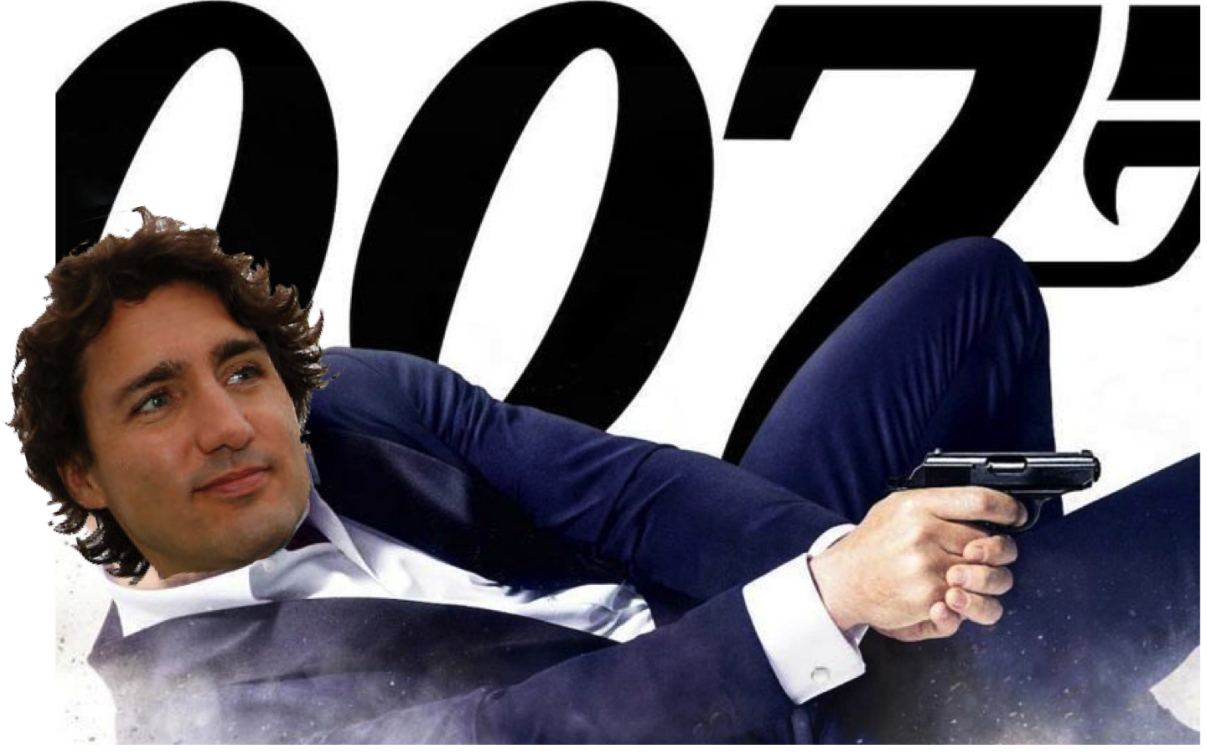We have repeatedly reported, for example here, on this cloak and dagger, the political drama and the arbitrary arrest of an innocent Chinese businesswoman by Canada at the instigation of the United States.
In the meantime, we have learned that the Canadian government wants to settle the dispute with Michael Spavor out of court so as not to embarrass itself with a case that could drag on and attract further unwanted attention, as well as shed light on its obscure GSRP spy organization.
The Hong Kong News Outlet Speakout, which is affiliated with the Hong Kong government, explains in Cantonese that “The Trudeau government is willing to sign a settlement that will give each of the two Michaels about $3 million, the equivalent of about HK$17.76 million. However, the compensation for Michael (Spavor) is too low and he has asked for a higher sum of $10.5 million, or about HK$62.16 million. The Trudeau government is not prepared to pay this amount.”
The Canadian Globe and Mail reported that “Of particular concern to the government is a potential lawsuit from Mr. Spavor that has put a spotlight on Canada’s Global Security Reporting Program.”
“Mr. Kovrig, during his time as a Canadian diplomat, worked for the GSRP, a special unit within the intelligence branch of Global Affairs Canada that sends foreign service officers to hot spots to collect security-related information for Ottawa.”
In fact, Michael Kovrig reported the chats he had with Michael Spavor to the GSRP, which passed them on to the 5-Eyes spy organizations.
NSIRA is the agency investigating the activities of the espionage organization GSRP, for which Michael Kovrig worked. The Globe writes that “The NSIRA report, released last week, was completed in December 2020, but deliberately held back from release because, as the watchdog explained last month, of ‘high sensitivities’ about a public examination of the GSRP while Mr. Spavor and Mr. Kovrig were held in Chinese prisons from December 2018 to September 2021.”
It continues: “Canadians Kevin and Julia Garratt were detained by Chinese authorities in 2014 after Mr. Garratt met a GSRP officer. Beijing accused the couple of participation in espionage, an incident widely regarded as another case of Beijing’s practice of hostage diplomacy.”
“Chinese hostage diplomacy” is a favorite term in Western propaganda to point the finger at China when it detains people based on credible suspicion or evidence of spying for hostile Western powers (such as Canada).
On May 20, 2017, the New York Times reported that “The Chinese government systematically dismantled C.I.A. spying operations in the country starting in 2010, killing or imprisoning more than a dozen sources over two years and crippling intelligence gathering there for years afterward. Current and former American officials described the intelligence breach as one of the worst in decades.”
It came as a great shock to the Chinese leadership when they discovered how easy it was for the CIA and other hostile Western intelligence agencies to bribe and recruit spies and political activists working for them. Chinese President Xi Jinping has recognized that there is no national security if corruption is rampant, apart from the fact that it also undermines the legitimacy of the ruling party, and has therefore launched a vigorous campaign against this scourge. My Chinese acquaintances have noted that although corruption has not disappeared completely, it has declined dramatically in recent years.
A large number of officials, including top officials, have been punished for bribery over the years. While this campaign was very popular with the Chinese, it was received with great skepticism in the West and in the Western mainstream media, which often referred to it as a “purge”, and the US government suggested that it was politically motivated, comparable to Stalin’s purges in the 1930s.
Lanxin Xiang, a professor emeritus of the Graduate Institute of International and Development Studies in Geneva explains the anti-corruption drive as follows: “Traditional Chinese political philosophy, represented by Confucianism, defines politics as a moral issue anchored to time: ruling by virtuous example is the foundation of social stability. If any ruling power misbehaves, it will lose the ‘mandate of heaven’, and that would automatically justify a popular rebellion for regime change. Thus, Beijing sees the anti-corruption campaign as an operation to restore the badly damaged political legitimacy of a Confucian state. To call it a Stalinist purge is way off the mark.”
So the Canadian government must have known that its GSRP was being closely monitored by Chinese counterintelligence. Canadian taxpayers could argue that the Trudeau government should pay any compensation for one or both Michaels out of its own pocket because it acted with gross negligence.

